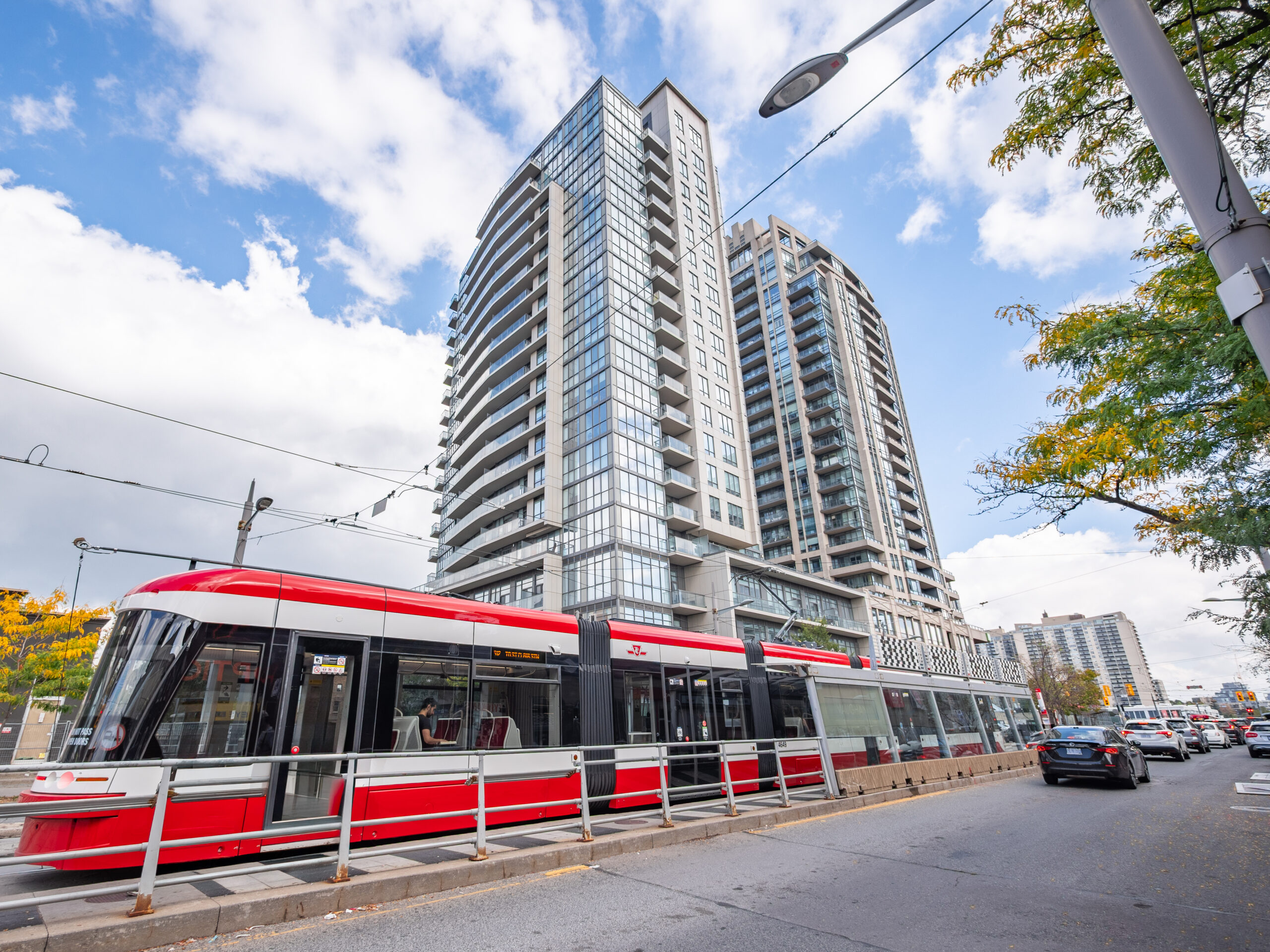Introduction — A Big Shift in Ontario’s Rental Rules
Ontario’s rental market has been running hot for years — rising demand, tight supply, and a Landlord and Tenant Board (LTB) so backlogged that some hearings took months, even years. Both landlords and tenants felt stuck in a system that wasn’t working.
Enter Bill 60, a sweeping update to Ontario’s Residential Tenancies Act. It’s designed to speed up decisions, reduce delays, and (according to the province) help restore fairness between tenants and landlords.
And from where we sit, this bill feels like a welcome shift — one that begins to balance the scales of fairness while creating clearer, more predictable rules for everyone involved.

What Is Bill 60?
Bill 60 — formally known as the Fighting Delays, Building Faster Act — introduces several changes to how rental disputes are handled in Ontario. It tightens timelines, limits last-minute curveballs at hearings, and adjusts how certain evictions work.
The goal? Faster resolutions. More predictability. And fewer situations where good landlords (and good tenants) are stuck navigating endless delays.
Key Changes Landlords & Tenants Need to Know
1. Faster Path to Eviction for Non-Payment of Rent
Under previous rules, landlords needed to wait 14 days after a missed payment before issuing an N4 notice. Bill 60 cuts that in half — just 7 days of arrears can trigger the notice.
What it means:
- For landlords: quicker action on serious arrears.
- For tenants: less buffer for late payments — communication is crucial.
2. Limits on Tenants Raising New Issues at LTB Hearings
Historically, tenants could introduce last-minute concerns (maintenance, safety, harassment) during a non-payment hearing — often leading to adjournments.
With Bill 60, new issues can only be raised if the tenant prepays 50% of the arrears being claimed.
It’s a big shift, aiming to reduce delays — but critics argue it may silence legitimate tenant concerns.
3. Shorter Appeal Windows at the LTB
Appeal periods shrink from 30 days down to 15 days.
Faster decisions mean:
- Landlords can regain units sooner.
- Tenants need to act quickly if they plan to challenge a ruling.
4. Changes to Landlord-Use Evictions (N12)
When a landlord or an immediate family member wants to move into a rental unit, Bill 60 removes the requirement to:
- offer the tenant another available unit, or
- provide one month’s rent as compensation.
As long as proper 120-day notice is given, compensation is no longer mandatory.
This reduces costs for landlords — and may reduce disputes around bad-faith claims — but raises questions about tenant security.
5. Other Process Improvements
Future system upgrades aim to:
- Digitize more of the LTB process
- Increase staffing
- Reduce decision timelines
We’ll be watching closely to see how quickly these improvements materialize.

Why the Government Says These Changes Were Needed
Bill 60 was pitched as a solution to Ontario’s long-standing rental logjam:
- Massive LTB backlogs
- Slow eviction processes
- Investors pulling back due to risk and unpredictability
- Rapid growth in renter households
The province claims a faster system benefits everyone — tenants get timely decisions, and landlords avoid months of uncertainty.
How Tenants Are Affected
Reduced Security of Tenure
Cutting timeframes makes eviction processes faster and more decisive. For tenants who fall behind due to emergencies, this leaves less flexibility.
Barriers to Raising Maintenance Concerns
If a tenant can’t pay 50% of arrears, it becomes harder to bring legitimate complaints forward during a hearing.
Concerns Around Personal-Use Evictions
Without compensation requirements, displaced tenants must navigate Toronto’s high rental prices without financial support.
How Landlords & Investors Are Affected
More Predictability and Stability
Bill 60 brings clearer expectations around timelines — reducing risk for small landlords who depend on rental income.
Fewer Bad-Faith Claims
Limiting last-minute hearing surprises should reduce delays and adjournments.
Greater Confidence for Purpose-Built Rentals
With smoother dispute resolution, developers may feel more comfortable building much-needed rental supply.
Our Take: Does Bill 60 Actually Balance Things Out?
The rental system wasn’t working — not for landlords, not for tenants. Bill 60 doesn’t fix everything, but it does introduce more structure, fewer delays, and clearer expectations.
From our perspective, this is a welcome change. It begins to restore balance, making the process more fair for everyone involved.
Practical Advice for Tenants and Landlords
For Tenants:
- Stay on top of payments — the 7-day grace period is strict.
- Document all issues with the unit.
- Know your rights around eviction and notices.
For Landlords:
- Update your tenant communication and onboarding materials.
- Keep records of all correspondence.
- Use N12 responsibly — penalties for misuse still apply.
Conclusion — A New Chapter for Ontario’s Rental Landscape
Bill 60 brings meaningful updates to an overburdened system. While not perfect, the changes aim to improve predictability, fairness, and efficiency.
For landlords and tenants navigating Toronto’s tight rental market, understanding these new rules is essential — and staying informed will help everyone adapt to this new chapter.





